AI Code Review
Code Review Tools
CodeRabbit Alternatives
8 CodeRabbit Competitors for Smarter Code Reviews
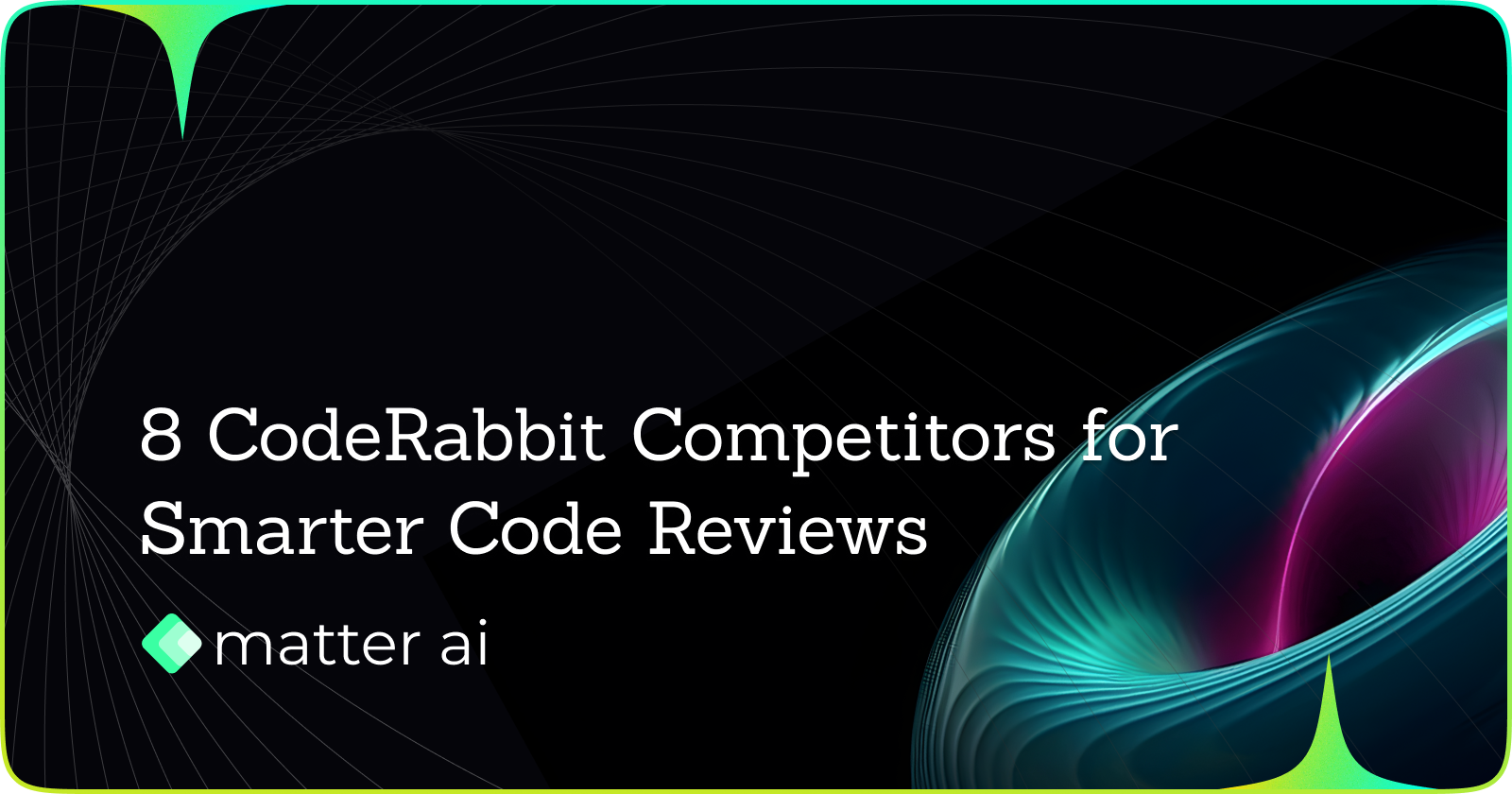
Tired of clunky, time-consuming code reviews? You're not alone. Whether you're battling buggy pull requests or just trying to keep production safe, the review process can be a major bottleneck. While CodeRabbit AI helps, it’s not always the perfect fit. So we’ve rounded up 8 powerful alternatives—each with their own strengths—to help you streamline code reviews, catch issues faster, and keep your team moving.
1. MatterAI
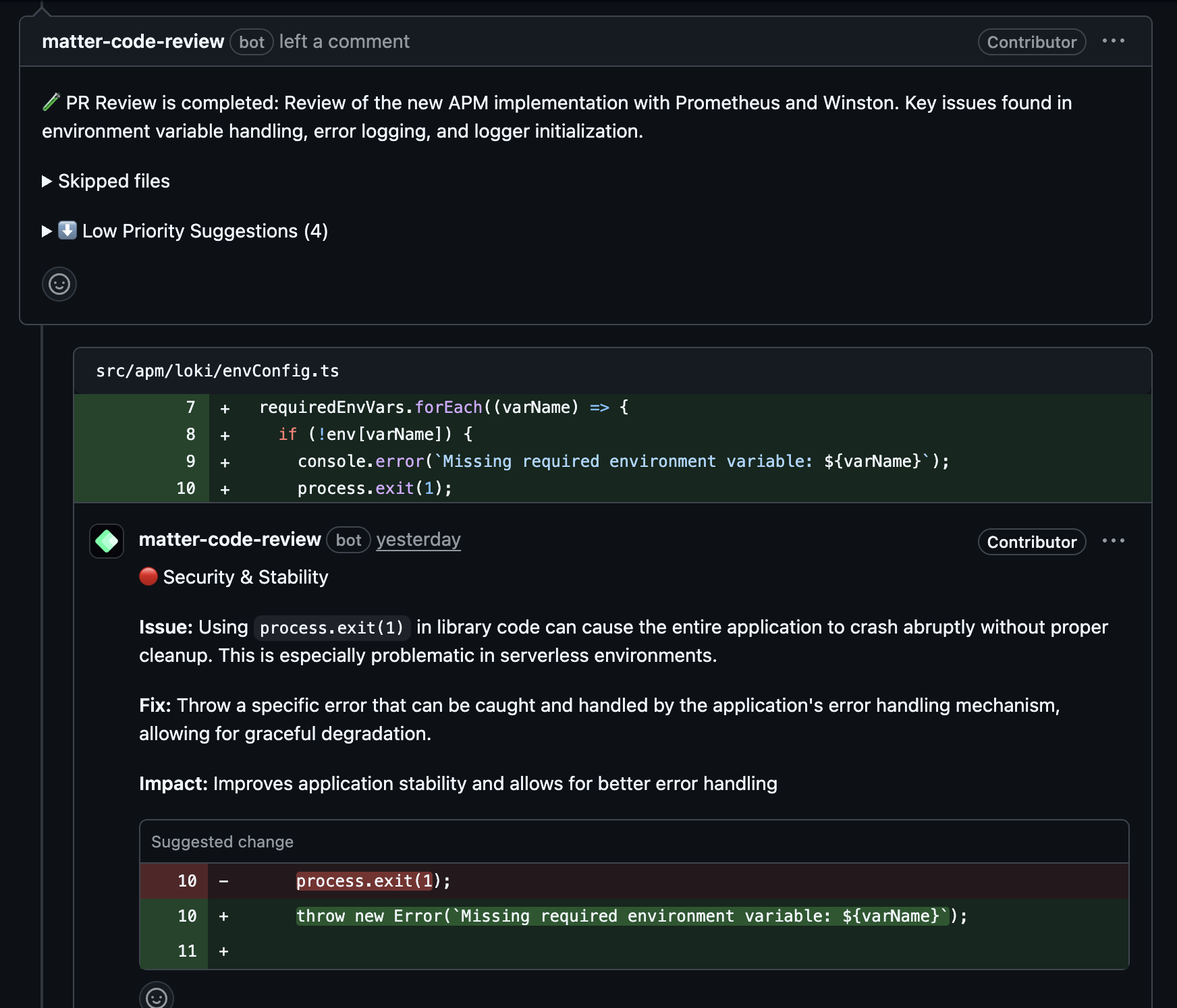
MatterAI is your robust Pull Request management and Code Review platform to help remove bugs, security issues and improve code quality.
Pros:
-
Axon Models: MatterAI uses it's own 480B deep-reasoning fine-tuned models for PR Summaries and Reviews that deliver the most unique and smartest results. Read more about Axon models here: https://docs.matterai.so/axon-overview
-
Reviews the complete suite for reliability: Code Performance, Bugs, and Security (SAST and package vulnerability)
-
Code Learnings: As you code more, MatterAI understands your code repositories better and can use those learnings in performing reviews.
-
Available in CLI, MCP server and agent
-
No-noise code reviews: Focuses on finding mission critical issues and empower engineers with AI summaries, explanations, and release notes
-
Flat Monthly Pricing: We believe in simple flat pricing for you instead of constantly managing seats.
-
1-click Fix in Cursor: MatterAI provides quick fix buttons in PR reviews that can open Cursor with AI prompt fixes.
-
Team-level Analytics Get perfomance metrics per user, DORA metrics and quality recommendations
-
Enterprise-Ready: MatterAI provides enterprise ready features such as customer deployments in K8s and more.
-
Supports all Platforms: MatterAI Supports Github, Gitlab(cloud/enterprise) and Bitbucket(cloud/enterprise)
Best for: Medium to large teams and Enterprises that are looking for a self-hosted and a secure code review platform to manage thier Pull Request workflow along with code reviews.
Try Now → https://matterai.so
2. Claude Code

Claude Code is a good code review tool that reviews and provides issues in the PRs with good accuracy. Compared to other Claude wrappers, this one wins.
Pros:
-
As Claude owns it's own models, they are able to use them better than other Claude wrappers and provides lower pricing
-
Available in CLI and agent
Where It Falls Short:
-
Need to be integrated manually in multiple repositories via actions
-
Only available in Github
-
Noisy: May generate excessive alerts and suggestions.
-
No Performance Analysis or Fix Suggestions
-
No team-level Analytics
Officiall Link → https://www.claude.com/product/claude-code
3. Cursor BugBot
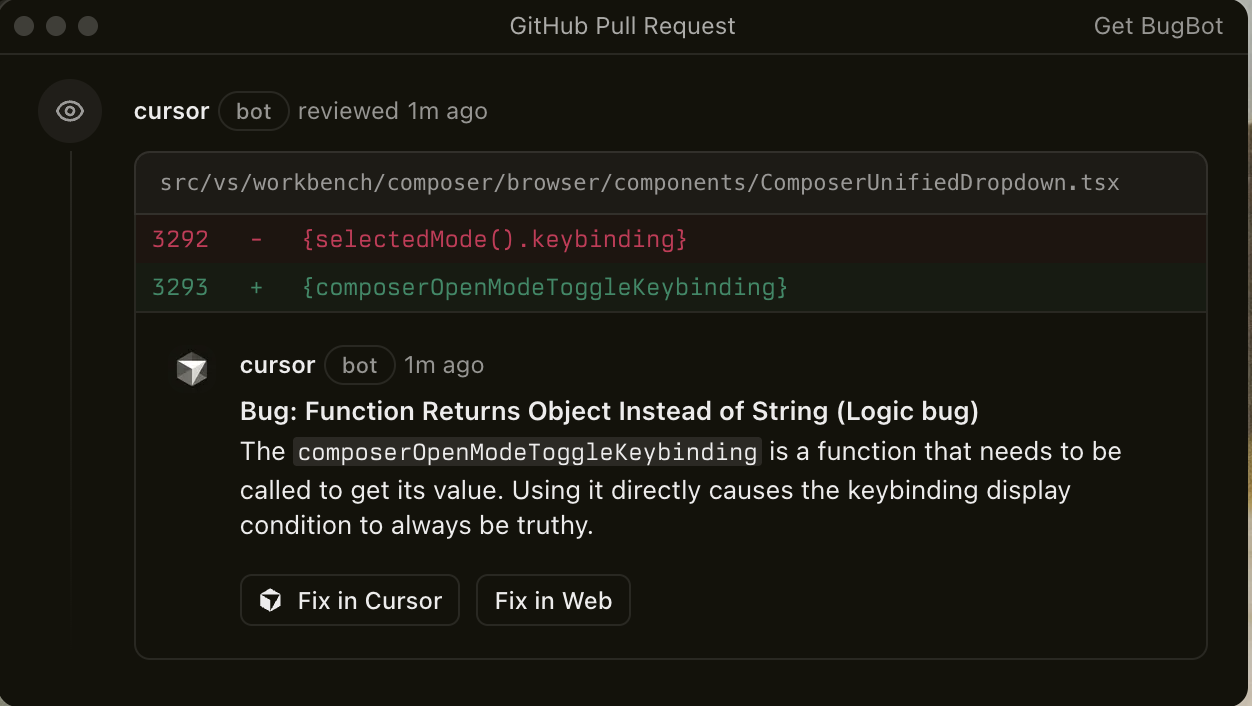
Cursor Bugbot is a simple code review tool that reviews and provides issues in the PRs.
Pros:
-
Good Integrated with Cursor
-
Flat Pricing: Purchasing a single seat can be used by multiple users
Where It Falls Short:
-
For teams, $40/user/mo pricing starts to rack up pretty fast
-
Only available in Github
-
Common Model usage such as Claude/OpenAI
-
Very Noisy: May generate excessive alerts and suggestions.
-
No Performance Analysis or Fix Suggestions
Official Link → https://cursor.com/bugbot
Other AI Code Review tools using Claude
4. CodeAnt.ai

CodeAnt.ai is built to automatically scan your code, catch bugs and security issues, and deliver clear, actionable reviews—so you can spend less time troubleshooting and more time coding.
Pros:
-
General Issue Detection: It runs real-time scans of your code, catching bugs and vulnerabilities.
-
Integrations: Works with VS Code, JetBrains, or another popular IDE, or integrate your workflows with CI/CD pipelines.
-
AI Summaries: Generates summaries for your pull requests
Where It Falls Short:
-
Common Model usage such as Claude/OpenAI
-
Very Noisy: May generate excessive alerts and suggestions.
-
No Performance Analysis or Fix Suggestions
Best For: Ideal for development teams and startups at early stages that are looking for a simple, cost-effective code review tool.
Try Now → https://www.codeant.ai/
5. Qodo AI’s PR-Agent

Qodo AI’s PR-Agent provides automated, clear, and customizable feedback on pull requests across popular platforms. It is helping you fine-tune your code without the hassle of endless manual reviews.
Pros:
-
Automated Feedback: Think of it as your friendly, ever-ready code buddy. Qodo AI’s PR-Agent reviews your pull requests and gives you instant, actionable feedback.
-
Flexibility & Customization: Since it’s open source, you can host it yourself and tweak it to fit exactly how you work. Whether you’re tweaking the rules or integrating it with your internal systems, this tool grows with your needs.
-
Multi-Platform Support: No matter if your team is spread across GitHub, GitLab, Bitbucket, or Azure DevOps, this tool works consistently across all platforms, keeping everyone in sync.
Where It Falls Short:
-
Setup Complexity: For those not used to self-hosting tools, getting it up and running might take some extra time and technical know-how. It’s not exactly “plug and play” if you’re not comfortable with a bit of configuration.
-
Limited Security Focus: While it excels at providing structure and style feedback for your code, it isn’t designed to dive deep into security analysis.
Best For: Great for agile teams and open‑source projects that value flexible, automated PR reviews.
Try Now -> https://github.com/qodo-ai/pr-agent
6. Graphite.dev

Graphite.dev is an all‑in‑one pull request toolchain that lets you stack, split, and manage PRs efficiently while keeping your code review process clear and unified.
Pros:
-
Unified PR Workflow: Provides a single inbox for all pull requests, helping you manage reviews, suggestions, and notifications from one place.
-
PR Stacking & Splitting: Enables you to stack related PRs and automatically split large changes, so you always have bite‑sized, manageable reviews.
-
Developer Insights: Offers handy metrics and integrations (with CLI and VS Code extensions) that keep your development process smooth and transparent.
Where It Falls Short:
-
Platform Dependency: Primarily built for GitHub, so teams using other version control systems might not experience full functionality.
-
Feature Overload: With so many features, it may take a bit of time to learn how to fully utilize its potential.
Best For: Best for GitHub-centric teams and growing startups that want to streamline their PR management and gain actionable developer insights.
Try Now: https://graphite.dev/
Are you looking for a way to improve your code review process? Learn more on how MatterAI helps team to solve code review challenges with AI: https://matterai.so
Share this Article:
More Articles

Fixing the $500B problem with today's AI
The key challenges that AI presents today and how we at MatterAI are working on fix them.
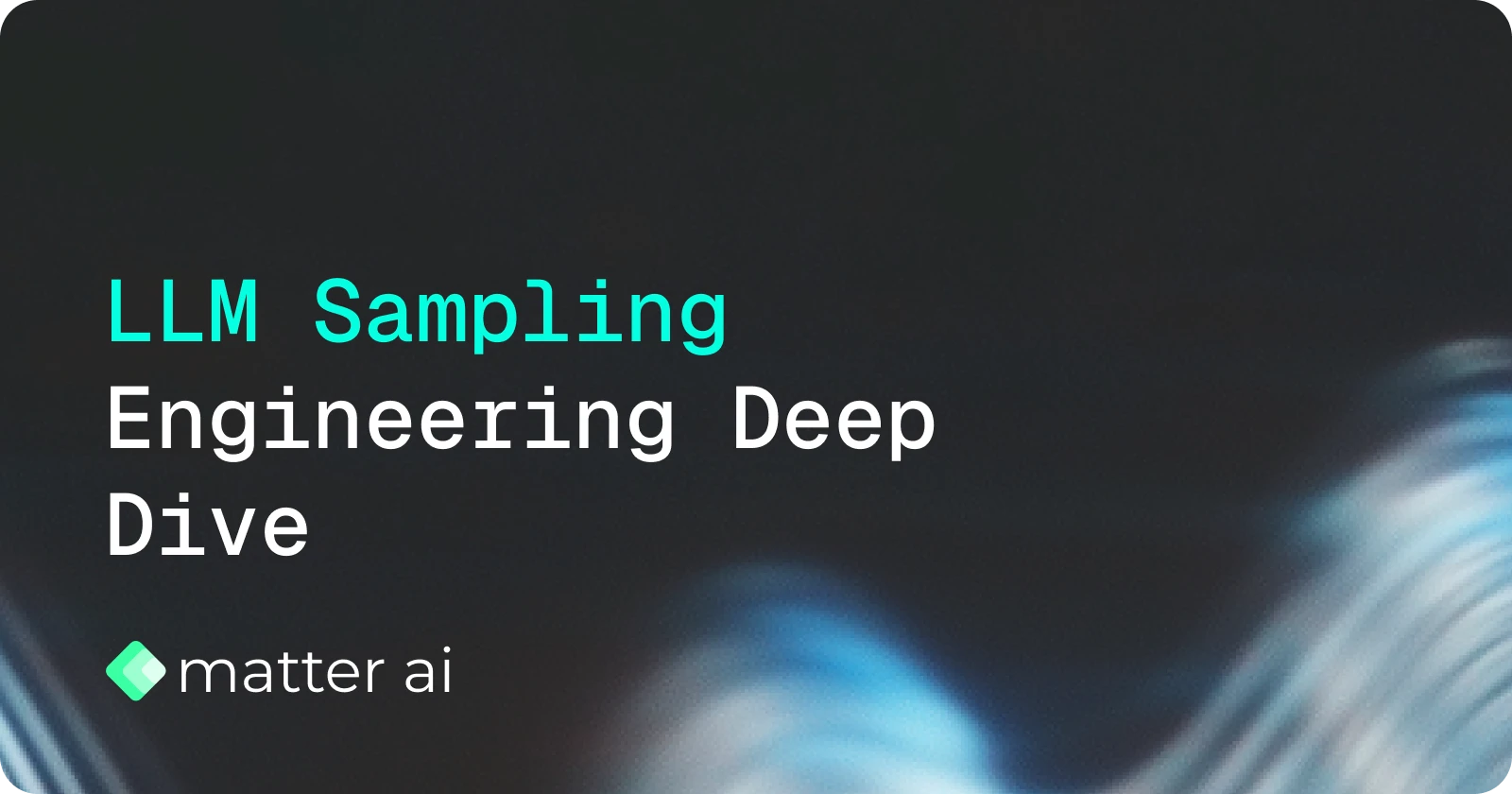
LLM Sampling: Engineering Deep Dive
How to tune LLMs to work for you with samplings
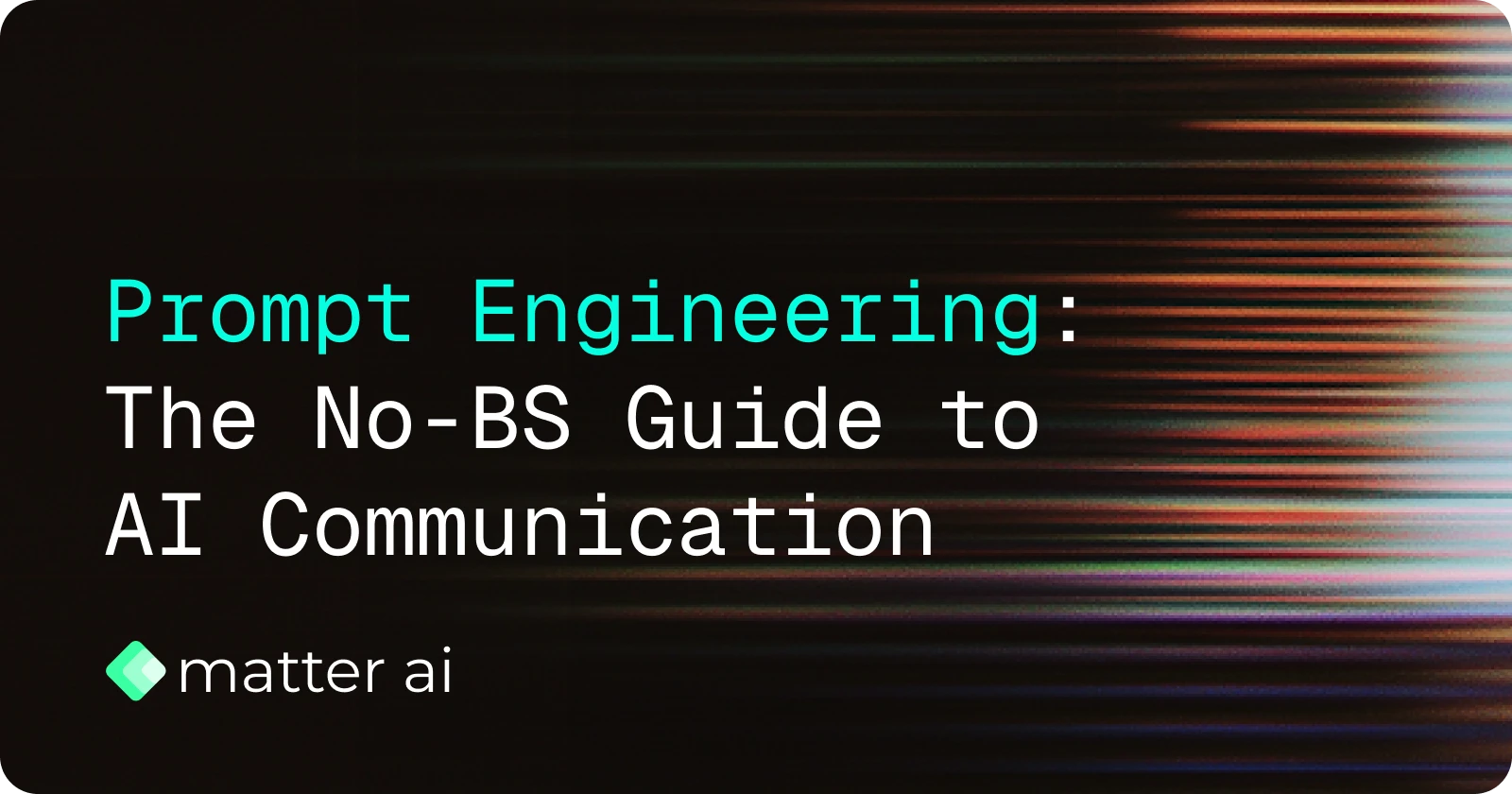
Prompt Engineering: The No-BS Guide to AI Communication
Understand, structure and implement prompts that gets you the best, consistant and reduced hallucination outputs.
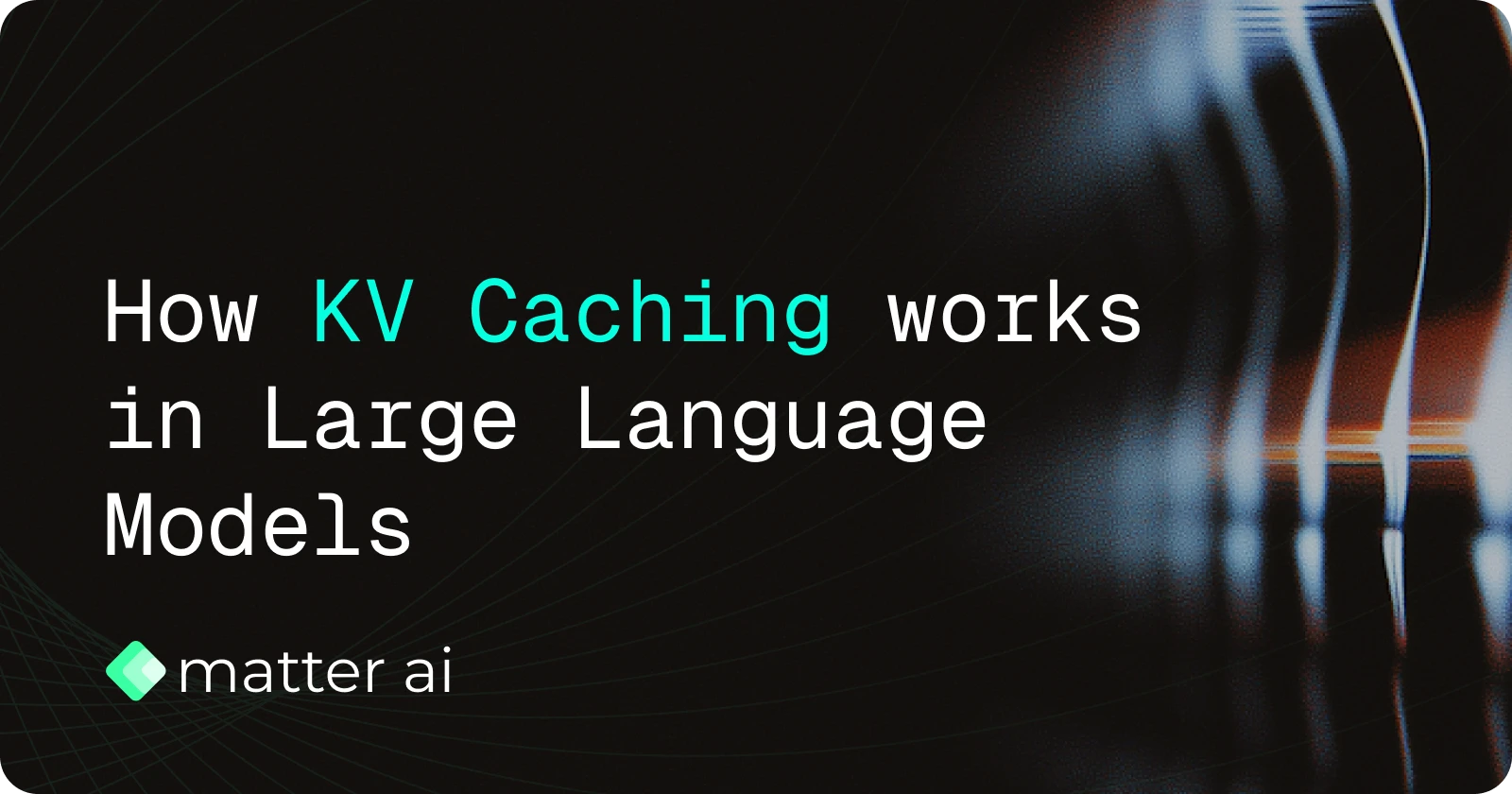
How KV Caching Works in Large Language Models
KV caching is the optimization that solves this problem, making LLMs faster and more efficient
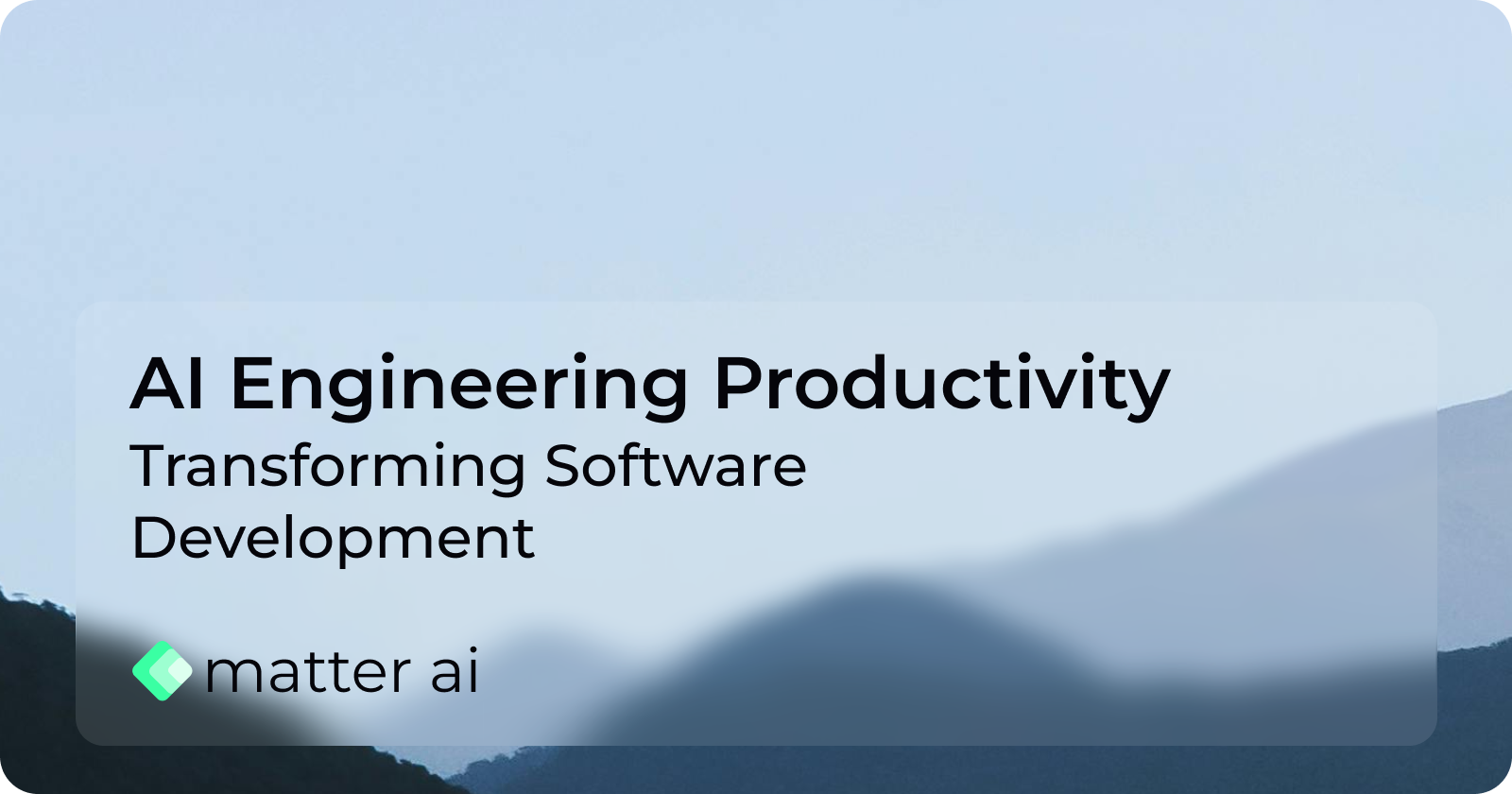
AI Engineering Productivity: Transforming Software Development
Artificial intelligence isn't just another tool in the developer's toolkit—it's fundamentally changing how we approach problem-solving, code creation, and system design.
Continue Reading

Fixing the $500B problem with today's AI
The key challenges that AI presents today and how we at MatterAI are working on fix them.

LLM Sampling: Engineering Deep Dive
How to tune LLMs to work for you with samplings

Prompt Engineering: The No-BS Guide to AI Communication
Understand, structure and implement prompts that gets you the best, consistant and reduced hallucination outputs.
